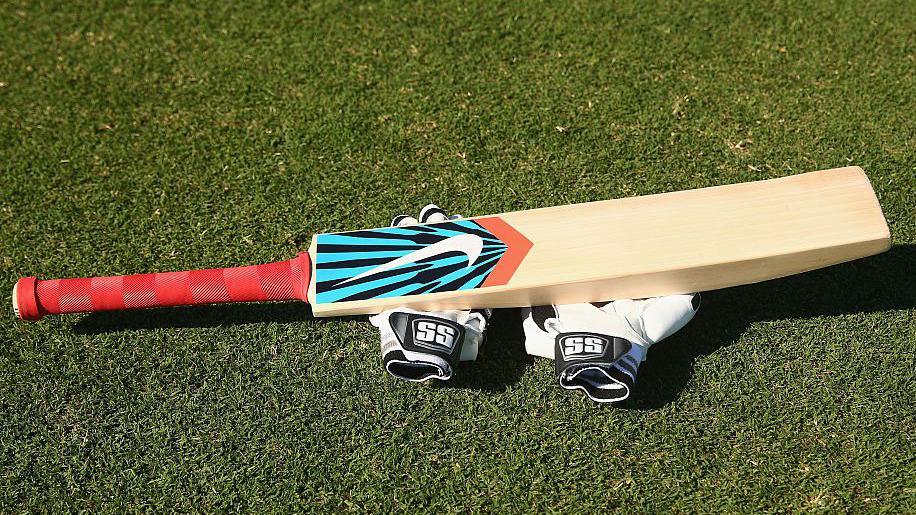ECB to ban transgender women at elite level from 2025

The International Cricket Council banned transgender women from playing in international women's matches in November 2023
- Published
The England and Wales Cricket Board (ECB) will ban transgender women from playing at the elite level of women's domestic cricket from 2025.
Any player who has gone through male puberty will not be eligible to feature in the top two tiers of the women's game.
The new regulations will also apply to The Hundred's women's competition, but transgender women will be eligible to play in tier three of the domestic structure, which comprises traditionally lower-level counties, and in recreational cricket.
It follows the decision from the International Cricket Council (ICC) in November 2023 to ban transgender women who have gone through male puberty from playing international women's matches.
The ECB said it had carried out an "extensive consultation" and considered the interaction between "fairness, safety and inclusion" before reaching a conclusion.
"Having considered wide-ranging views gathered during the consultation, as well as in consultations conducted during 2023, and the relevant science and medical evidence, the ECB has decided that from 2025 it will adopt the same approach as the ICC for women's professional domestic cricket," the ECB said.
"This provides consistency, given that a primary purpose of the top end of the domestic structure is to produce international players."
The ICC said it would review its rule within two years. The ECB has not specified whether it will also carry out a review once its own regulations come into effect.
"The detailed policy will now be developed over the coming months, in consultation with stakeholders, and is due to be formally in place in time for the 2025 domestic season," the ECB said.
It added: "Considerable time has been taken to reach this policy position.
"The ECB recognises that transgender participation is a complex area, with many strongly held views, and it is impossible to balance all the considerations.
"We want everyone to feel included and welcome in our sport, and believe the position reached strikes an appropriate balance by ensuring fairness in the elite game while ensuring inclusivity at a recreational level, with specific safeguards in place to manage disparities and ensure safety."
The ECB previously required all transgender women looking to take part in elite level female-only competitions to apply for written clearance. Evidence was then reviewed on a case-by-case basis.
BBC Sport understands no cases concerning transgender women seeking to play elite cricket were ever brought to the ECB for consideration.
The ICC's decision to ban transgender women from international cricket last year came two months after Canada's Danielle McGahey became the first transgender cricketer to play an official international game.
Related topics
- Published16 August
